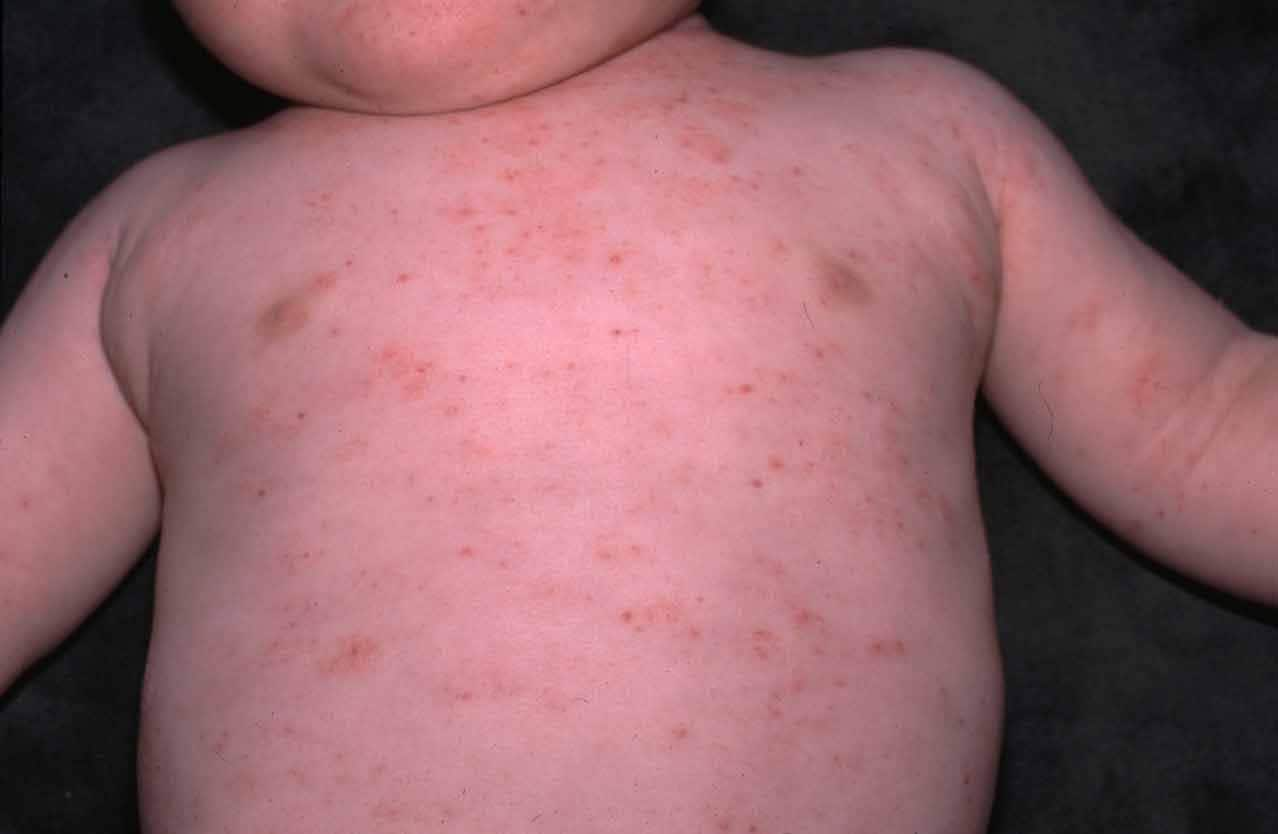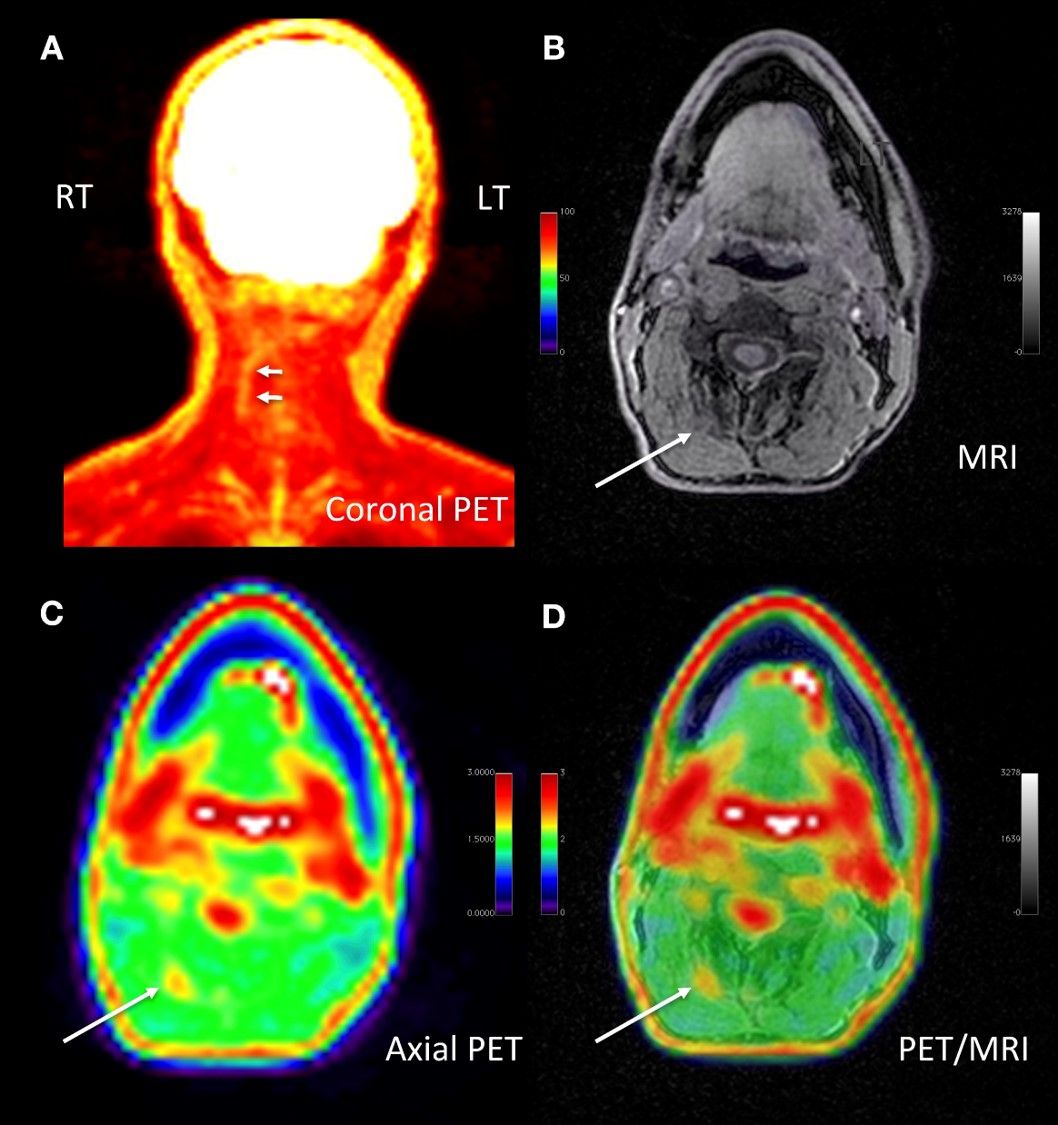
When a blood clot travels through the bloodstream and lodges in the lungs, this can cause acute pleuritis, trouble breathing, and a rapid heartbeat.

Pneumonia often comes on suddenly, causing fever, chills, cough, and pus coughed up from the respiratory tract. These lung infections can cause pleuritic and other types of chest pain, such as a deep chest ache. Other less common causes include rheumatoid arthritis, lupus, and cancer. The most common causes of pleuritic chest pain are bacterial or viral infections, pulmonary embolism, and pneumothorax. You likely feel a sharp pain when you breathe, cough, or sneeze. Pleuritis. Also known as pleurisy, this is an inflammation or irritation of the lining of the lungs and chest. It may cause a sudden, severe pain with a tearing or ripping sensation that goes up into the neck, back, or abdomen. A variety of symptoms have been associated with mitral valve prolapse, including chest pain, palpitations, and dizziness, although it can also have no symptoms, especially if the prolapse is mild.Ĭoronary artery dissection. Many things can cause this rare but deadly condition, which results when a tear develops in the coronary artery. Mitral valve prolapse is a condition in which a valve in the heart fails to close properly. Along with chest pain, this type of cardiomyopathy may cause dizziness, lightheadedness, fainting, and other symptoms. This makes the heart work harder to pump blood. Over time, heart failure may occur when the heart muscle becomes very thickened.

Chest pain and shortness of breath often occur with exercise. Sometimes this leads to problems with blood flow out of the heart. This genetic disease causes the heart muscle to grow abnormally thick. Sometimes it gets worse when you breathe, swallow food, or lie on your back. But it often causes a sharp, steady pain along the upper neck and shoulder muscle. It can cause pain similar to that caused by angina. This is an inflammation or infection of the sac around the heart. Although no blockage exists, myocarditis symptoms can resemble those of a heart attack. In addition to chest pain, this heart muscle inflammation may cause fever, fatigue, fast heart beat, and trouble breathing. Sweating, nausea, shortness of breath, or severe weakness may accompany the pain. Though similar to angina chest pain, a heart attack is usually a more severe, crushing pain usually in the center or left side of the chest and is not relieved by rest. Myocardial infarction ( heart attack ). This reduction in blood flow through heart blood vessels causes the death of heart muscle cells.

Angina can be triggered by exercise, excitement, or emotional distress and is relieved by rest. It may feel like a pressure or squeezing sensation. The chest pain may spread to your arm, shoulder, jaw, or back. It is, though, a sign that you are at risk for a heart attack in the future. It's a symptom of heart disease but typically does not cause permanent damage to the heart. Heart ProblemsĬoronary artery disease, or CAD. This is a blockage in the heart's blood vessels that reduces blood flow and oxygen to the heart muscle. Here are some of the more common causes of chest pain.


 0 kommentar(er)
0 kommentar(er)
